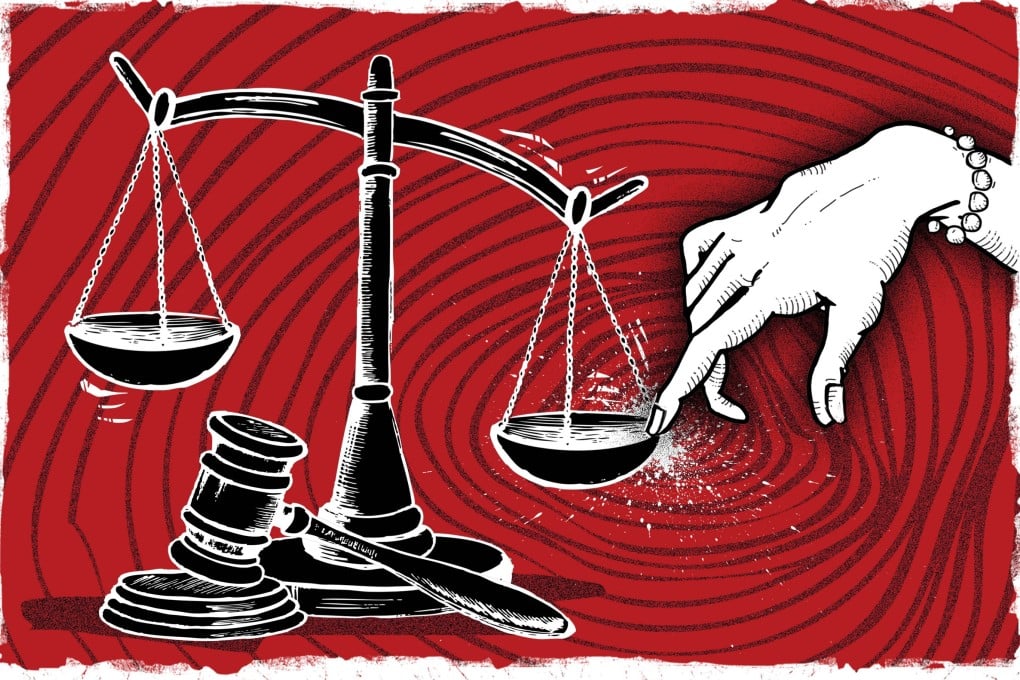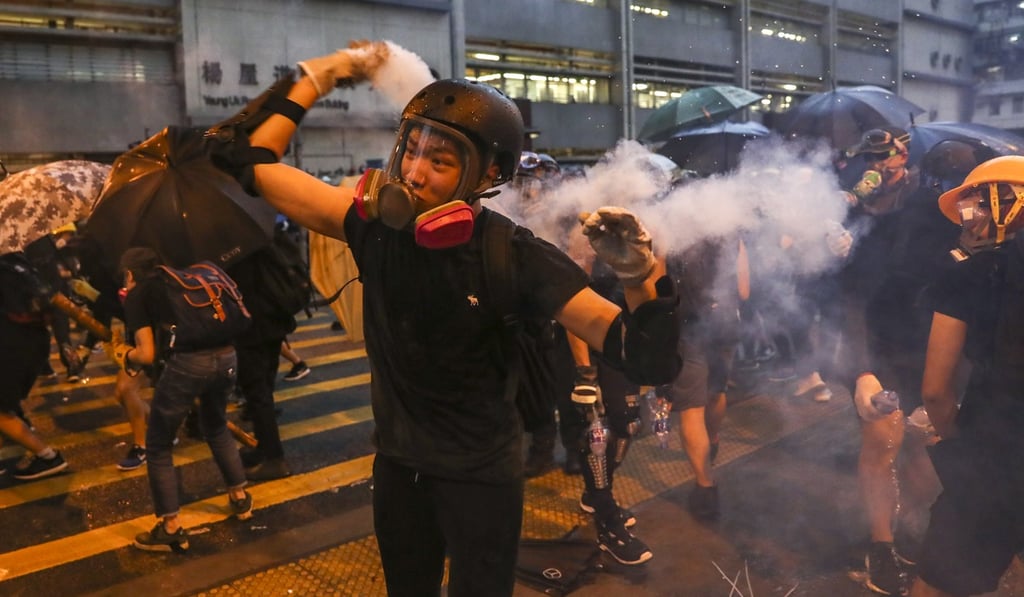Exclusive | Is Hong Kong on the brink of declaring emergency rule to deal with anti-government protesters?
- In a series of in-depth articles on the unrest rocking Hong Kong, the Post goes behind the headlines to look at the underlying issues, current state of affairs, and where it is all heading
- In this latest instalment, the Post examines the most powerful legal weapon in the government’s arsenal, the sweeping Emergency Regulations Ordinance

“The government reacted in a heavy-handed manner … completely misread the situation and misunderstood the nature of the strike. This provoked the union to call for a general strike in Hong Kong, backing it up with intimidation.”
The above paragraph sounds like a commentary on recent events relating to the anti-government protests that have now roiled Hong Kong for almost three months.
It is not. The text, from A Modern History of Hong Kong, was recounting the social turmoil of 1922 that prompted the British colonial government to put into law the sweeping Emergency Regulations Ordinance. The bill was pushed through in one day in February that year.
Fast-forward to the political crisis engulfing Hong Kong and this old draconian law that grants the government the power to control everything from the media to workers to infrastructure is being dusted off the shelves for a fresh look at its efficacy.

As Hong Kong braces for its thirteenth weekend of protests, the local government this week dangled the threat – although in an elliptical fashion – that these emergency powers could be invoked.